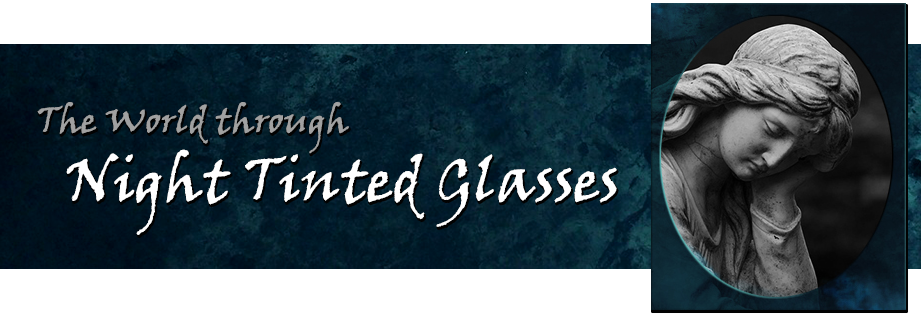Spoilers ahoy!
Los Angeles' Mark Taper forum makes a lovely venue for a play. A thrust stage (i.e. the audience on three sides) surrounded by a semi-circle of seats, so everyone can see the actors faces and hear pretty much every word. Last night, I had the great good fortune to see a production of Lanford Wilson's Burn This.
As it happens, I'd seen this show on Broadway a quarter century ago. Whether that makes my reaction clearer or distorted remains an excellent question.
The play follows four characters as they react to the death of a fifth, Robbie. Anna, his roommate and sometimes dance partner, we meet first--taking her first cigarette since college. Soon after her sometimes-lover Burton shows up, a successful screenwriter. Next comes Larry, Anna's other roommate, a archly witty gay man who works in advertising. Then--enter Pale. Robbie's death may have have lit a match, but Pale's arrival puts that flame to a fuse. Lives proceed to explode from the moment he enters, drunk and far too early in the morning, still working out his grief over not only his brother's pointless death but his own seemingly-pointless life.
Pale talks like he's unwinding half-drunk at a bar following a sixteen-hour work day, amidst plenty of personal issues bubbling to the surface. He shatters personal defenses, almost by reflex. He startles with his areas of knowledge and taste--including his love of the ocean, the way he enjoys watching large fires, the time he stayed on a pier during a hurricane (which evidently ruined roller coasters for him forever). But more than that, he wears on his sleeve exactly what Anna herself feels down to the marrow but denies. She, like Pale, is in pain. She feels unattached to others, a failure at her art, in little or no control over anything in her life.
She describes having to stay overnight at Robbie's parents' house, sleeping in a nephew's room where he'd pinned butterflies collected earlier that day. Awakening in the middle of the night, she realizes the butterflies aren't dead yet!
Perfect metaphor for Anna as well as Pale--meant to fly but pinned alive to a wall. Little wonder they feel a connection so soon. Even less wonder that connection frightens, upsets, bewilders them both. Numbness has its attractions, not least the muting of pain. But no pain means no ecstasy. To be numb is to be barely alive, to survive and nothing else. Yet the flood of new feelings will hurt as well as exhilerate. Like all supremely valuable things, actual living (as opposed to mere survival) costs.
The Mark Taper production (still playing, and I do recommend it) itself feels like an LA version of NYC rather than the real thing. Granted that cannot help but be subtle, and if I hadn't lived in New York it might never have registered. Brooks Ashmanskas as Larry does an admirable job--a kind of not-too-acid-tongued Greek Chorus who finds himself part of the drama (or comedy--this is a funny play, that bears repeating). In this at least I can say his casting was actually better than on Broadway, simply because he's a little older and so his actions more realistic, his situation more in tune with what others say (and certainly makes a certain zinger in the last scene hit home). Ken Barnett as Burton frankly seemed miscast--too young to be such a successful screenwriter, not numb enough nor sufficiently cynical. To be sure he has probably the single hardest role in the play. But his physicality proved a strange choice, including a tendency to "act with his hands" instead of simply talking (this popped up now and then with the rest of the cast as well). Very little physical or vocal precision, alas, in this production.
Zabryna Guevara and Adam Rothemberg play the leads, upon whom most of the play depends. If we don't believe in them, the story won't work. We do. The former falls a little short of the deep energy Anna demands, but that comes down to her not managing to be a great actress. She is quite good in the role, but doesn't quite match the energy of her Pale. He gives the best performance out of four quite good ones, showing us the swirl of fascinating contradictions that are Pale--enough to fascinate. These are two difficult roles, both communicating in very affected (but different) ways. If they only barely manage to nail Anna and Pale, let us not forget they do manage it--a feat only genuinely good actors could accomplish.



